Why self-reliance is so important as part of a secure, low-impact life
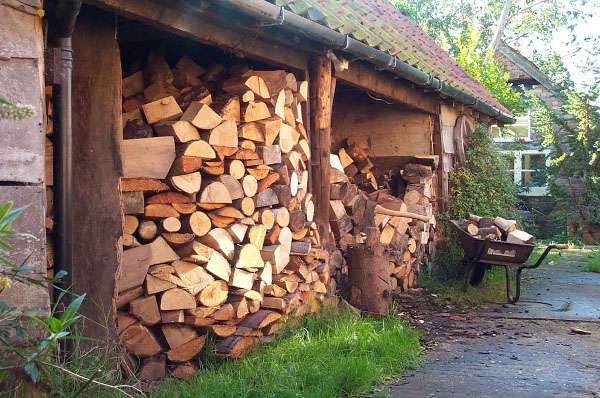
I am Andy Reynolds, a long-term practitioner of low-impact living, smallholder, author, forester, teacher, carpenter, builder. I’ve been working with Lowimpact.org since the early noughties, and I’d like to share my philosophy on self-reliance with you.
I’ve had a keen interest in self-reliance from an early age, realising that given a large enough lump of self-interest, a lot of people will dump you right in it, so to speak, with no more than a second thought. This is especially true in an age of global business, seeking ever-expanding profit, with investors only looking at the bottom line, thinking “To hell with the ethics I’ll be dead when the bill from the environment comes in”. If you add to that the fact that governments pander to whoever has the most cash to spend on their campaigns and who can tell the biggest lies, then relying on them is not a fantastic option.
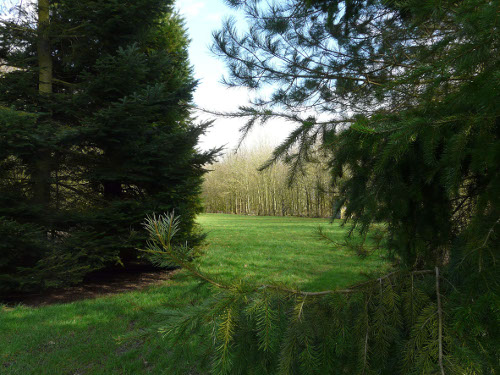
So it was that my partner and I decided that self-reliance was a very important principle. Not only that, but we decided to avoid debt whenever possible, and also to try to live a sustainable life. Now I know that sustainable living is ultimately an oxymoron, as we all have an impact, but by reducing that impact and by carefully managing limited resources it’s possible to minimise and offset much of it. However, here’s the most important factor: you have to want to do it with a passion, not as part of some fleeting, illusional, designer-off-grid lifestyle. Life is not a game, it’s real. Happiness has been turned into a twisted marketing ploy, whereas contentment is a state of mind that takes work, cannot be bought, and has some lasting qualities.
When you’re dead
Then a fellow rabid individualist of mine commented, “All this knowledge we have in our heads, that has been lost to the general populous – well, when you die it’s lost for ever”. And he’s right you know. So it was at this point that I decided to share some of my knowledge on YouTube as some small way of promoting self-reliance.
I’ve uploaded around 180 videos on a wide variety of practical subjects (and none of them to do with weird car stunts or cats). You can check out the videos here.
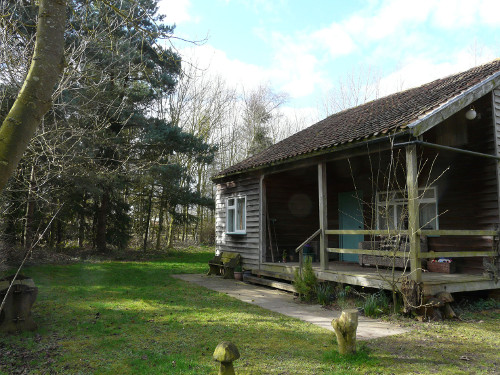
Of course it will only help those people who look and are interested, but as another mate said “You can’t help the helpless”, which is true, but education is the key in what ever form that may take, which includes trial and error. Starting as a total novice I produced 2 videos on sharpening a tempered steel circular saw blade. I was at that time repairing a tractor-driven cordwood saw that had roosted under a hedge for 20 years. A couple of very important principle here – gain the skills to repair things and don’t rush to finish. Which leads on to another principle – don’t fill life so full that there’s no time to learn. There was a poem we learnt at school, by William Davies: ‘What is this life, so full of care? We have no time to stand and stare. Very redolent.
Achieving some self-reliance
I started down this road due to several equally important factors. Having very little spare cash certainly focuses the attention, as well as being aware of all the waste that is generated in the West. My concern (to the point of anger) was based around the fact that most people have any self-reliance taken from them via the education system, government policy and corporate design. The expectation is that however incompetent a person may be, someone will pick up the pieces and look after them. This is a thought process that is most unhelpful to the person concerned, but big business and the state love it as helpless people are more accepting of lies and smoke screens.
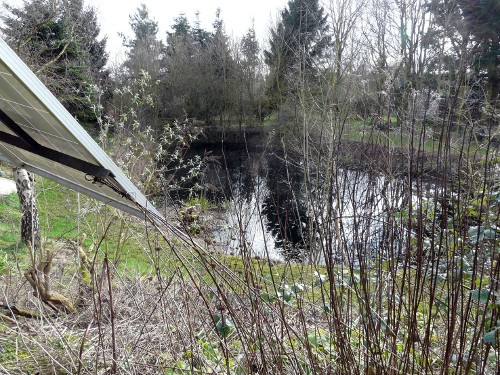
So where do you start on your path towards self-reliance? Well, as I say in my book Timber for Building, we all start as slaves to the system, much as serfs were slaves to the lord of the manor, and are dependent for a stable life on the goodwill of more powerful people. To break away from this oppression one really has to be self-reliant – and the breadth of your freedom is dependent on your state of mind and the level of reliance that you can achieve.
Back in the early eighties, we decided that a mortgage was a step down the route to slavery, and paying rent was equally distasteful – both requiring us to be under the thumb of both banks and employers. So we husbanded our resources for quite some time, by refusing to get involved in the consumerist boom. By saying NO, we were saying YES to self-reliance.
This retaining of resources enabled us to buy (for cash) a small house in the fens with a demolition order on it. Now I know people will be howling that it’s not the same now, but to some extent it is, and maybe better. The price we paid was 20 percent of the price of a semi-detatched house in Oxford we looked at. It was directly behind the British Leyland works, but you could move straight in and start paying for it with your own slavery.
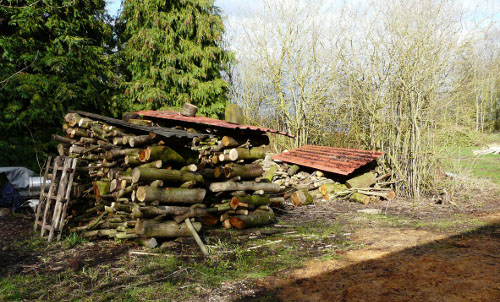
The question here is whether to work for 20 years to pay off the mortgage or work for 20 years improving both your property and your self-reliance. The latter of these options has a much greater satisfaction and freedom element.
The time and skills
Here is the crux of the matter: skill and time. For huge numbers of people, it’s really boring and mind-numbing to go to work every day. But if you work for yourself then at least you have a choice, including about what you do and when you do it. And you can choose to work for other reasons than to maximise your income. Of course, you also have the choice to be disorganised and to fail.
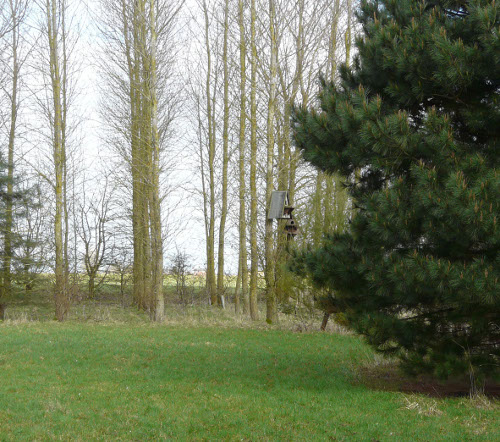
In my opinion, there is good value to be found in spending the time to gain skills, but skills must be practised regularly otherwise they are lost. No point going on a 5-day course and then not applying the skills. A year later they will have drained off into the sands of time. Time – a very limiting feature of our lives. When I was working as a self-employed staircase specialist it was difficult to balance time and cash resources. Too much of either can make the life balance teeter. If you have lots of time you can get lots done, or you can spend it dreaming of possibilities. The other side of the coin is more cash than you actually need, so that you can employ others to do things for you, because you don’t have enough time. This is a way to become relatively helpless, as you haven’t had time to expand your skills and self-reliance.
A path with a heart
Our vision was one that I’m sure many people share – to lead a life based on sustainable and pragmatic principles. By husbanding resources, learning repair skills and avoiding short-termism, we followed up the rebuilding / repair of the cottage with taking an opportunity when it arose and buying some adjacent land. 25 years later, after planting 4 acres of woodland in the mid-eighties and establishing an equal amount of low-nutrient status grassland, we’re a bit closer to that initial vision. We now produce most of our own firewood, and renewably generate 95 % of our own electricity. It has proved to be a path with a heart and enables us to live comfortably, with a relatively low impact, and with low overheads so that life is still affordable when work and income slow down.
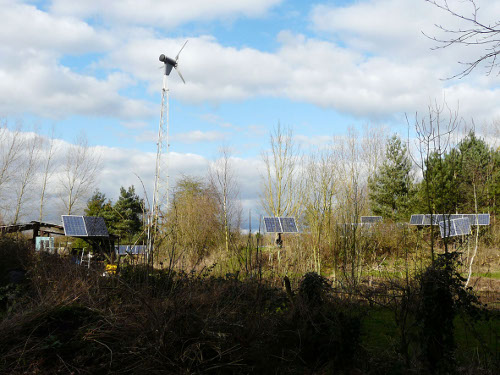
Beyond
Beyond this point there is no benefit of saying more, as it would only involve specific examples from the last 30 years of living and encouraging this self-reliant life. There are however several little pointers that I think are useful:
- Leave “ holes” in your life of non-allocated time
- Recognise opportunities – and because of the “holes”, you can grab them
- Develop a feeling for paths with a heart, to prevent abrupt tangents
- Don’t get dragged along by someone else’s fantasy or marketing
- Always set off early – that way you can keep a level of calm
Here is Andy’s YouTube channel; and books – Timber for Building, Wind & Solar Electricity and Heating with Wood, can be found on this page.
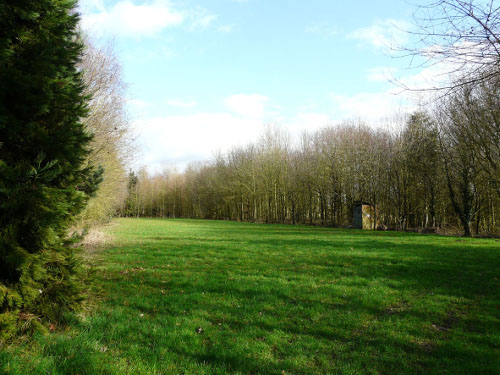
The views expressed in our blog are those of the author and not necessarily lowimpact.org's




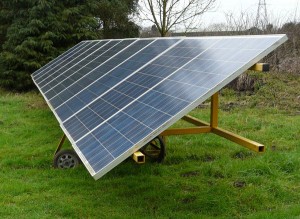 Off-grid living: how big does your renewable energy generation system need to be?
Off-grid living: how big does your renewable energy generation system need to be?
 Reduce, reuse… repair? The repair renaissance building skills and communities
Reduce, reuse… repair? The repair renaissance building skills and communities
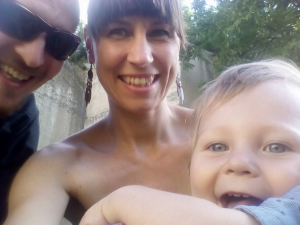 How to quit the rat race to go WWOOFing for 3 years (even with young children) as a gateway to a new life
How to quit the rat race to go WWOOFing for 3 years (even with young children) as a gateway to a new life
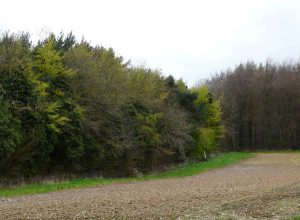 What tree species to choose for woodlands in the 21st century
What tree species to choose for woodlands in the 21st century
 Come and join us on our organic, off-grid smallholding in 2017
Come and join us on our organic, off-grid smallholding in 2017
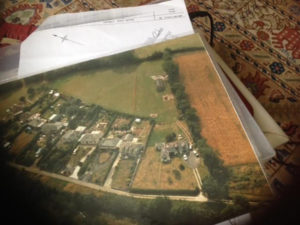 Opportunity to achieve a permaculture livelihood on a couple of acres on Devon/Cornwall border
Opportunity to achieve a permaculture livelihood on a couple of acres on Devon/Cornwall border
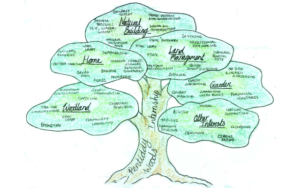 Fancy joining the Pentiddy Woods family on an immersive 9 month internship?
Fancy joining the Pentiddy Woods family on an immersive 9 month internship?
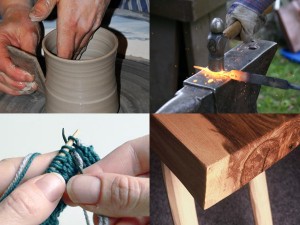 Craft production
Craft production
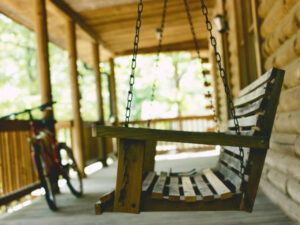 Downshifting
Downshifting
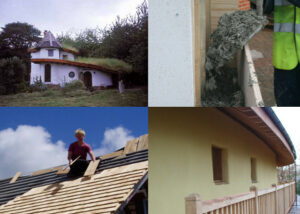 Low-impact building
Low-impact building
 Low-impact energy
Low-impact energy
 Low-impact living
Low-impact living
 Personal development
Personal development
 Philosophy
Philosophy
 Self-employment
Self-employment
 Smallholding
Smallholding


